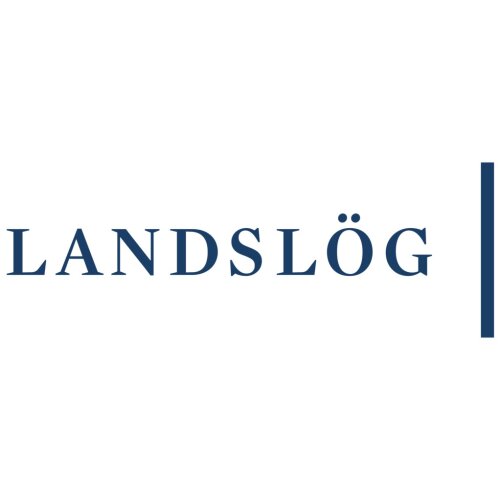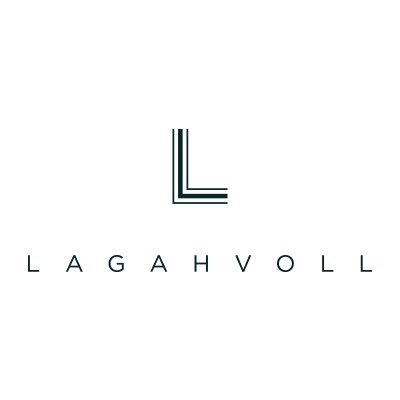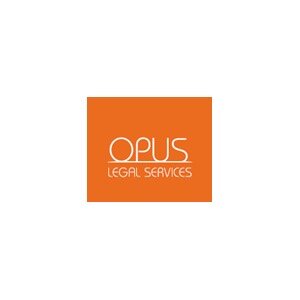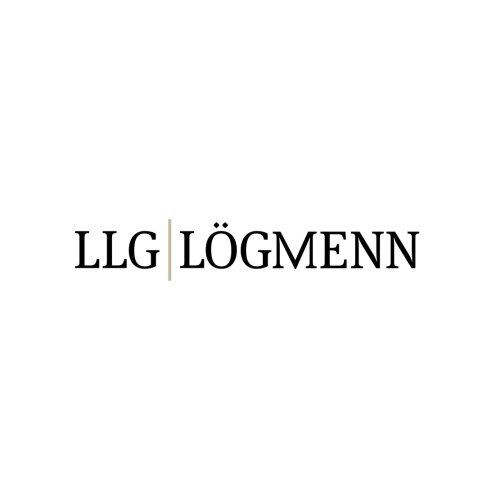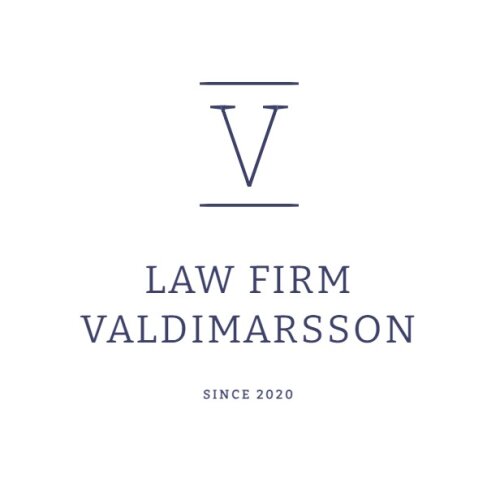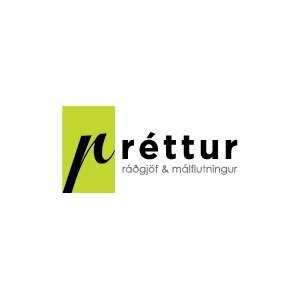Best Corporate & Commercial Lawyers in Reykjavik
Share your needs with us, get contacted by law firms.
Free. Takes 2 min.
List of the best lawyers in Reykjavik, Iceland
About Corporate & Commercial Law in Reykjavik, Iceland
Corporate and commercial law in Reykjavik, Iceland covers the legal rules, regulations, and practices that govern businesses, companies, and commercial activity in the country’s capital. It encompasses a broad range of legal services, including company formation, mergers and acquisitions, commercial contracts, corporate governance, regulatory compliance, joint ventures, dispute resolution, and insolvency proceedings. Reykjavik, as Iceland’s economic center, hosts many local and international companies, making corporate and commercial legal services especially important for business owners, investors, entrepreneurs, and managers operating in or transacting with Icelandic entities.
Why You May Need a Lawyer
Seeking legal advice from a corporate and commercial lawyer in Reykjavik can be essential in several common situations:
- Establishing a new company or branch in Iceland
- Handling business mergers, acquisitions, or reorganizations
- Drafting, reviewing, or negotiating commercial agreements and contracts
- Advising on regulatory compliance and licensing issues specific to Iceland
- Protecting intellectual property or negotiating technology transfers
- Resolving shareholder or partnership disputes
- Managing employment law matters connected to business operations
- Addressing insolvency, restructuring, or bankruptcy scenarios
- Dealing with cross-border transactions involving Icelandic businesses
- Handling legal risks related to commercial litigation or arbitration
Local Laws Overview
The legal landscape for corporate and commercial matters in Reykjavik is shaped by Icelandic national law, EU regulations, and international agreements. Some of the most relevant regulations include:
- Company Law - The Act on Private Limited Companies No 138/1994 and the Act on Public Limited Companies No 2/1995 are two primary regulations that set out the rules for company formation, management, and shareholder rights in all of Iceland.
- Contract Law - Iceland’s contract law, mainly governed by the Contracts Act No 7/1936, allows for freedom of contract but includes protections against unfair terms and violations of good faith.
- Competition Law - The Competition Act No 44/2005 regulates anti-competitive practices and aims to maintain a fair market environment for businesses in Reykjavik and across Iceland.
- Employment Law - Employers must comply with strict labor laws, including collective agreements, non-discrimination requirements, employee rights, and health and safety regulations.
- Data Protection - Iceland complies with the GDPR for privacy and data protection, requiring businesses to take measures for safeguarding personal information.
- Bankruptcy and Insolvency - The Act on Bankruptcy etc No 21/1991 governs the process for restructuring or winding up businesses facing insolvency.
Working with a knowledgeable legal partner can help you navigate these and other regulations, ensuring your business operates smoothly and within the law.
Frequently Asked Questions
What is required to start a company in Reykjavik, Iceland?
To start a company, you must decide on a legal form such as a private limited company or a public limited company. You will need to register with the Icelandic Register of Enterprises, provide documentation including articles of association, and meet minimum share capital requirements. Non-residents may also need a local representative or address.
Are there any restrictions on foreign ownership?
Iceland generally allows foreign investors to own businesses, but certain restrictions apply to industries like fisheries, energy, and aviation, which may require Icelandic or EEA ownership or special permits.
How are business contracts governed in Iceland?
Business contracts are mainly governed by the Contracts Act. Parties enjoy contractual freedom, but terms must not contravene mandatory laws or principles of good faith. It is advisable to have contracts reviewed by a local legal professional to ensure enforceability.
Does my business need to comply with European Union laws?
Although Iceland is not an EU member, it is part of the European Economic Area. This means many EU regulations, especially those involving trade, data protection, and competition, apply in Iceland.
What are the main obligations for employment and labor?
Employers must comply with Icelandic labor laws, including requirements regarding wages, working hours, termination procedures, and workplace safety. Many industries also follow collective bargaining agreements setting out additional terms.
How are commercial disputes resolved in Reykjavik?
Most commercial disputes are resolved through negotiation, mediation, or litigation in Icelandic courts. Arbitration is also an option, if specified in the contract. It is important to specify in contracts how disputes will be handled.
How long does it take to register a new company?
The company registration process is relatively quick, often completed within a week if all documents are in order and fees are paid. Delays may occur if additional permits or approvals are required.
What is the process for business insolvency?
If a business cannot meet its obligations, it can undergo restructuring or bankruptcy according to Icelandic law. The process is initiated by filing a petition with the district court, which then oversees the proceedings.
Are there requirements for annual reporting?
Yes, most companies in Reykjavik must file audited annual accounts with the Directorate of Internal Revenue and the Icelandic Register of Enterprises. Reporting requirements depend on the size and type of company.
What are the consequences of non-compliance with commercial laws?
Failure to comply with relevant laws and regulations can result in fines, loss of business licenses, personal liability for directors, and, in serious cases, criminal charges. Regular legal review helps reduce these risks.
Additional Resources
Here are some helpful resources and organizations for those needing corporate and commercial legal guidance in Reykjavik:
- Icelandic Register of Enterprises - For company registration and official filings
- Directorate of Internal Revenue - For corporate tax and reporting obligations
- Icelandic Competition Authority - For fair competition and anti-trust concerns
- Department of Labour - For employment rights and labor disputes
- Data Protection Authority - For personal data processing and privacy compliance
- Icelandic Bar Association - For finding qualified corporate and commercial lawyers
- Chamber of Commerce in Iceland - Business support and legal resources
Next Steps
If you need legal assistance regarding corporate and commercial matters in Reykjavik, Iceland, consider the following steps:
- Identify the specific area of your business requiring legal support, such as incorporation, contracts, acquisitions, or disputes.
- Gather all relevant business documentation, contracts, and correspondence to present to the lawyer.
- Contact a qualified corporate and commercial lawyer licensed in Iceland, ideally with experience in your industry.
- Schedule a consultation to discuss your needs and gain professional advice on next steps and potential legal strategies.
- Follow your lawyer’s guidance regarding compliance, regulatory filings, and best practices to ensure your business interests are protected and aligned with Icelandic law.
Acting early and seeking professional legal support will help your business successfully navigate corporate and commercial laws in Reykjavik, minimizing risks and improving outcomes.
Lawzana helps you find the best lawyers and law firms in Reykjavik through a curated and pre-screened list of qualified legal professionals. Our platform offers rankings and detailed profiles of attorneys and law firms, allowing you to compare based on practice areas, including Corporate & Commercial, experience, and client feedback.
Each profile includes a description of the firm's areas of practice, client reviews, team members and partners, year of establishment, spoken languages, office locations, contact information, social media presence, and any published articles or resources. Most firms on our platform speak English and are experienced in both local and international legal matters.
Get a quote from top-rated law firms in Reykjavik, Iceland — quickly, securely, and without unnecessary hassle.
Disclaimer:
The information provided on this page is for general informational purposes only and does not constitute legal advice. While we strive to ensure the accuracy and relevance of the content, legal information may change over time, and interpretations of the law can vary. You should always consult with a qualified legal professional for advice specific to your situation.
We disclaim all liability for actions taken or not taken based on the content of this page. If you believe any information is incorrect or outdated, please contact us, and we will review and update it where appropriate.
Browse corporate & commercial law firms by service in Reykjavik, Iceland
Reykjavik, Iceland Attorneys in related practice areas.




